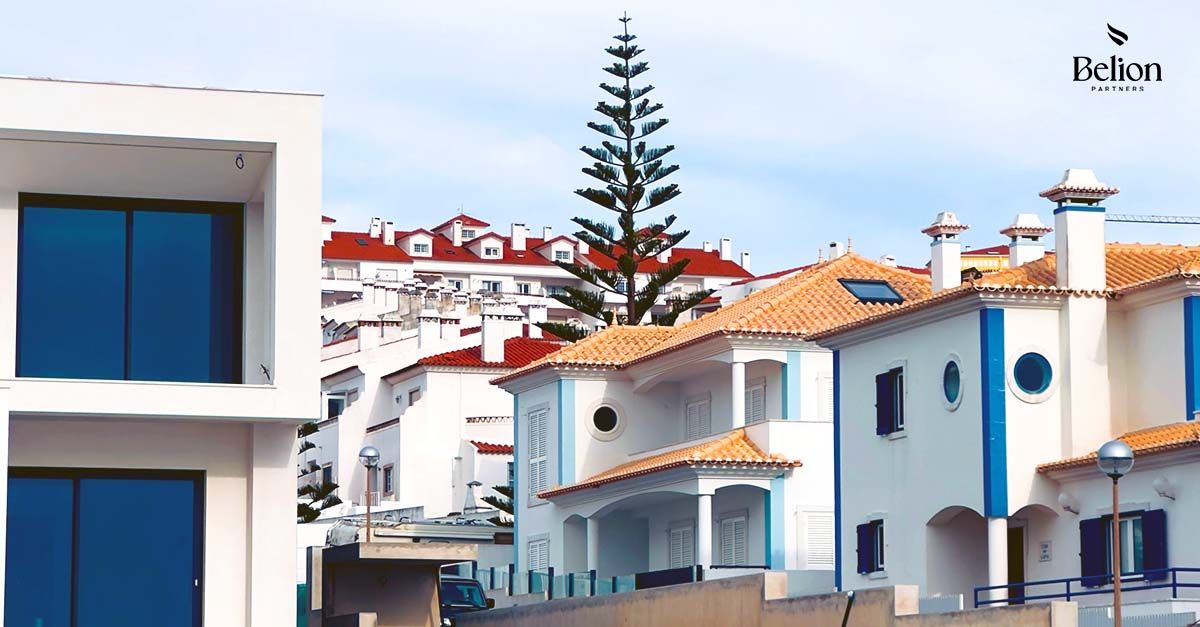Own an Alojamento Local in Portugal? Your License Could Be at Risk
Over 70,000 local lodging (Alojamento Local) units are at risk of having their licenses cancelled. This could result in the loss of their short-term rental registration in Portugal.
This occurs when property owners fail to submit civil liability insurance, as required by Decree-Law No. 76/2024 of 23 October. This new AL regulation came into effect in March of this year. It aims to monitor and gather accurate information on the number of local lodging units in Portugal.
According to a report by Diário de Notícias, the deadline for submitting the required proof is drawing to a close. From mid-June onwards, local councils are expected to begin issuing formal cancellation notices to non-compliant property owners.
In addition, the Associação do Alojamento Local em Portugal (ALEP) has stated that landlords must respond within 3 to 10 days once notified by local councils. They must demonstrate that they hold valid civil liability insurance for their short-term rental property. Failure to do so may result in the cancellation of their AL registration.
Please note that, although the new AL rules coming into force in March, the government has not publicly clarified the definitive legal deadline for submitting the required proof.
Portugal has 124,000 active registrations in the Registo Nacional de Estabelecimentos de Alojamento Local (RNAL). So far, 50,000 have submitted proof of civil liability insurance via the government portal. Estimates suggest that between 30,000 and 50,000 AL licences may currently be inactive.
The new legislation requires this insurance to be submitted annually to cover damage caused by guests. The average annual cost of this short-term rental insurance for a flat is approximately €80.
Important note: Municipalities with more than 1,000 active AL registrations have until November to decide whether they will implement their own local accommodation regulations. This applies to municipalities in Lisbon, Porto and the Algarve. In the Algarve, where 40% of the AL sector is concentrated, the majority of property owners are foreign nationals. Many face language barriers and may find it more difficult to stay informed about changes in AL legislation.
This new measure will help determine how many AL licences are currently in use. It will also support the updating of Portugal's local accommodation database. This contributes to the development of public policies based on accurate data.




